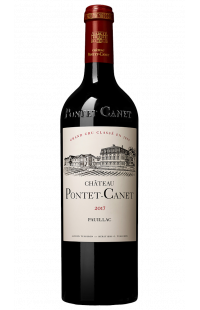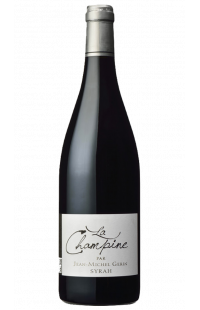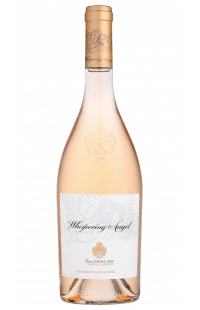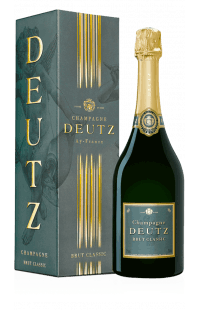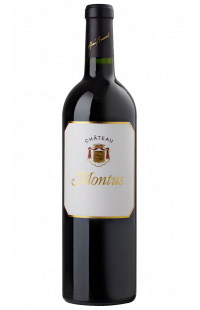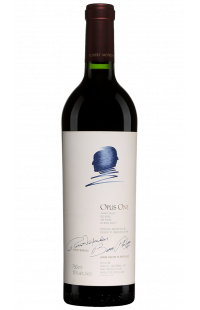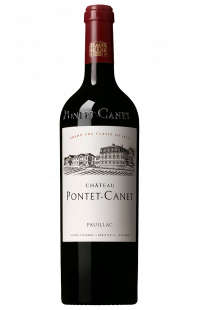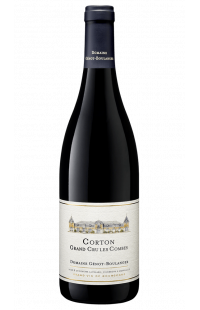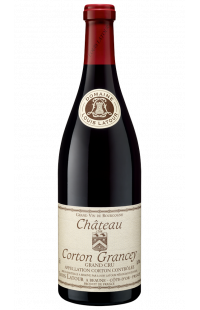- Menu
- All our wines
- Bordeaux
-
Rhône
-
Burgundy
-
Rosés Wines
-
Champagne
- France
-
World
- PRIMEURS
- ORGANIC WINES
Corton WInes
The Wines of Corton: An Exploration of Burgundy's Grand Crus
The wines of Corton hold a special place among the grand crus of Burgundy. Produced in the heart of the Côte de Beaune, Corton wines—be they intense reds or refined whites—are the pure expression of the unique terroir of the Corton hill. Known for its picturesque landscapes and exceptional soils, the Corton appellation encompasses several prestigious plots that offer wine enthusiasts unforgettable bottles, revealing complex aromas and flavors that evolve admirably with age.
Introduction to Corton Wines
Corton wines come from plots classified as Grand Cru and cover a varied range, from deep reds to highly refined whites. Located in the communes of Aloxe-Corton, Ladoix-Serrigny, and Pernand-Vergelesses, this renowned wine region captivates with the diversity of its terroirs and the excellence of its wines.
The Origins and History of Corton Wines
The Heritage of the Corton Hill
The Corton hill has a rich history dating back several centuries. Mentioned in ancient documents, it attracted the Dukes of Burgundy, who quickly understood the importance of Corton's terroir. This exceptional terroir transformed into a symbol of prestige, embodied today by the appellations Corton and Corton-Charlemagne.
The Unique Terroirs of Corton
The Soil Composition of the Corton Hill
The soils of Corton are composed of clay and limestone, giving the wines a distinctive minerality. The higher-altitude soils, rich in white marl, primarily produce white wines (Corton-Charlemagne), while the lower slopes, with their brown and clayey soils, are ideal for red wines.
The Climats and Their Influence
The "climats," or named plots, of Corton each contribute a unique character. Parcels like Les Bressandes, Clos du Roi, and Les Renardes express particular characteristics, offering nuanced tasting experiences ranging from tannic power to fruity and floral aromas.
Types of Corton Wines
The Red Wines of Corton
Corton's reds, made from Pinot Noir, are renowned for their robust structure and complex aromas of red fruits, underbrush, and spices. These wines have a long aging potential, developing truffle and leather notes over the years.
The White Wines of Corton (Corton-Charlemagne)
Corton's white wines, labeled Corton-Charlemagne, are produced from Chardonnay. These wines are rich and powerful, with aromas of yellow fruits, toasted almonds, and minerals. They evolve beautifully with age, offering buttery and honeyed notes.
Vinification of Corton Wines
Traditional and Modern Methods
Vinification in Corton adheres to artisanal methods passed down through generations. After manual harvesting, the grapes are carefully sorted. Fermentation generally occurs in open vats, promoting optimal extraction of tannins for reds and a well-balanced structure for whites.
Aging and Maturation
The aging of Corton wines is primarily done in oak barrels, allowing harmonious integration of tannins for reds and adding an extra aromatic dimension to whites. Cellar aging is recommended, especially for reds, which gain complexity after a few years.
Premier Crus and Grand Crus of Corton
The Most Renowned Parcels
The Corton hill boasts several renowned Grand Cru parcels. Named plots such as Les Renardes, Les Bressandes, and Clos du Roi are particularly appreciated for their ability to produce exceptional wines. The nuances of terroir between each parcel allow for unique diversity within the appellation itself.
Characteristics of Corton Wines
Distinctive Aromas and Flavors
Corton's reds are characterized by aromas of red and black fruits, such as cherry and blackcurrant, with spicy nuances. The whites display notes of citrus, white-fleshed fruits, and subtle minerality. As they age, red wines develop underbrush and truffle aromas, while whites acquire flavors of honey and hazelnut.
The Corton Wine Tasting Experience
How to Taste a Corton Wine
To fully appreciate a Corton wine, it is recommended to serve it at a slightly cool temperature (16–18°C for reds and 12–14°C for whites). Aeration is also beneficial, especially for young wines.
Food and Wine Pairings
Corton's reds pair perfectly with red meats, game, and saucy dishes. The whites of Corton-Charlemagne wonderfully accompany shellfish, noble fish, and aged cheeses.
Notable Vintages of Corton Wines
Recent standout vintages include 2015, 2018, and 2019, offering wines of great concentration and depth. Favorable years allow for the production of wines with strong aging potential, rich aromatics, and a well-defined tannic structure for reds.
Wine Tourism in Corton
Visits to Wine Estates
Estates around the Corton hill welcome visitors, offering tastings, cellar tours, and vineyard walks. These experiences provide insights into the winemakers' craft and allow appreciation of the subtleties of Corton wines.
Wine Events and Festivals
Events are organized throughout the year around the Corton hill, celebrating wine and terroir. The famous Hospices de Beaune Wine Auction, for example, attracts visitors from around the world and is a unique opportunity to discover and taste exceptional vintages.
The Cultural and Economic Impact of Corton Wines
The Role of Corton Wines in the Local Economy
Corton wines play a crucial role in the local economy. The wine estates generate employment, and the appellation contributes to Burgundy's international reputation, strengthening wine tourism.
An Invaluable Cultural Heritage
Each bottle of Corton embodies a centuries-old winemaking tradition. Winemakers perpetuate know-how passed down through generations, preserving this unique heritage.
Current Challenges for Corton Wines
The Impact of Climate Change
Corton producers are adapting to climate change by adopting sustainable viticultural practices and preserving biodiversity. These efforts aim to ensure the quality and typicity of the wines despite challenges posed by global warming.
Innovation Serving Tradition
Corton's winemakers are integrating new techniques, such as organic and biodynamic viticulture, to improve wine quality and respect the environment. This approach combines tradition and innovation, ensuring a promising future for the appellation.
FAQs about Corton Wines
What makes Corton wines unique? Corton wines are produced from Grand Cru parcels, offering a diversity of terroirs that translates into wines with complex aromas and flavors. Their aging potential and typicity make them exceptional wines.
What are the typical aromas of Corton red wines? Corton reds present aromas of red and black fruits, underbrush, and spices. With age, notes of truffle and leather emerge, enhancing their elegance.
What dish pairs well with a Corton-Charlemagne? Corton-Charlemagne whites pair ideally with shellfish, fish in sauce, and aged cheeses, offering a perfect blend of power and finesse.
How are Corton winemakers adapting to climate change? Winemakers are adopting sustainable practices and experimenting with new cultivation and aging techniques to preserve the quality and typicity of their wines amid climatic challenges.
What are the best years for Corton wines? Vintages like 2015, 2018, and 2019 are recognized for their exceptional quality, combining concentration and aging potential.
Are Corton wines only red? No, the Corton appellation also produces white wines under the name Corton-Charlemagne, made from the Chardonnay grape.
Conclusion
Corton wines, whether intense reds or elegant whites, embody the excellence of Burgundy's grand crus. Each bottle tells the story of a unique terroir and ancestral know-how, offering wine enthusiasts an unforgettable experience. Visiting Corton immerses you in a world where each vine and vintage reveals the passion and talent of Burgundy's winemakers.
